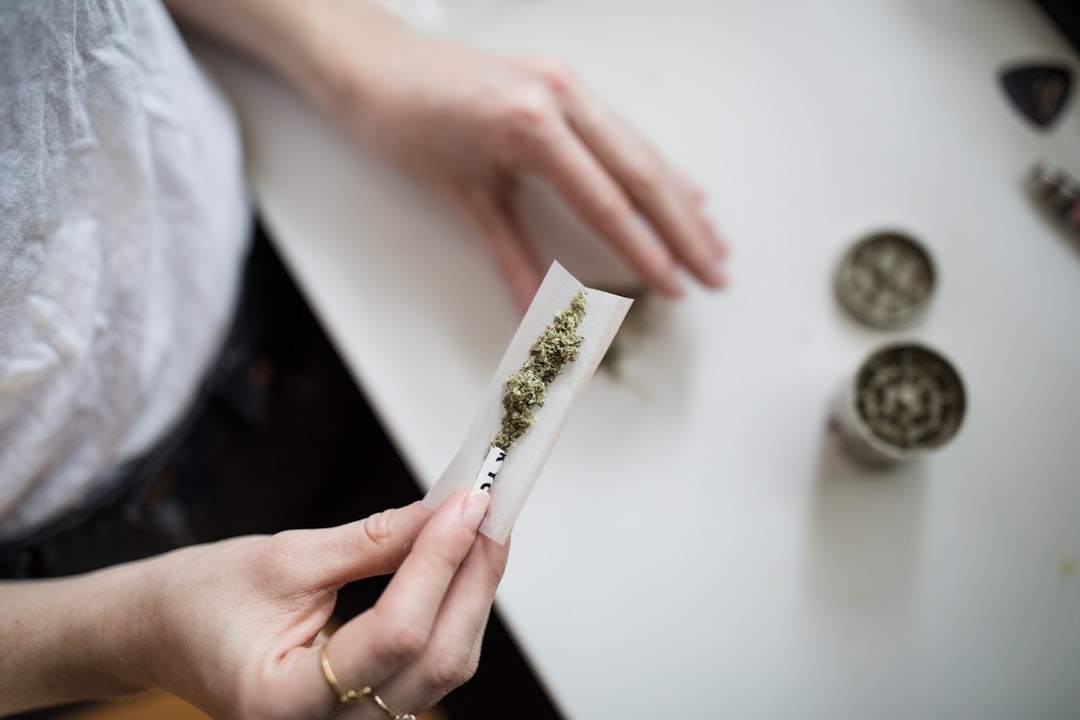 Photo from Unsplash
Photo from Unsplash
Originally Posted On: https://bippermedia.com/best/florida/the-mandatory-minimums-for-drugs-listed-in-subsection-k-of-893-135/
For drug offenses, mandatory minimum sentences play a significant role in determining the severity of punishment for offenders. One particular subsection that holds crucial importance is Subsection (k) of 893.135, which outlines specific mandatory minimums for drug-related crimes. Understanding these provisions is essential for both legal professionals and individuals facing charges under this statute.
This blog will look into the mandatory minimums as they relate to drugs listed in Subsection (k) of 893.135, explaining the consequences associated with violations of this nature. By gaining a better understanding of these laws, individuals can navigate their legal situations with greater knowledge and preparedness.
Overview of Subsection (k) of 893.135
- Subsection (k) of 893.135 outlines mandatory minimum sentences for drug offenses involving specific controlled substances.
- These mandatory minimums are designed to ensure consistent punishment for those convicted of certain drug crimes.
- The severity of the penalties under this subsection depends on factors such as the type and quantity of drugs involved in the offense.
Subsection (k) serves as a guideline for judges when sentencing individuals found guilty of drug-related crimes. It aims to create a uniform approach to punishment across different cases, taking into account the seriousness of the offense and promoting deterrence within society. Understanding these mandatory minimums is crucial for both legal professionals and individuals involved in drug-related charges, as they directly impact the potential consequences faced by those convicted under this statute.
Types of Drugs Covered by Mandatory Minimums
Cocaine: This powerful stimulant drug is one of the substances that fall under mandatory minimum sentencing laws. Whether it’s in powder form (cocaine hydrochloride) or as crack cocaine, possession or distribution of this substance can result in severe penalties.
Heroin: Another drug covered by mandatory minimums is heroin, an opioid that is highly addictive and dangerous. Possession or trafficking of heroin can lead to strict sentences with no possibility for parole.
Methamphetamine: This synthetic stimulant drug is also included in the list of substances subject to mandatory minimum sentencing. Methamphetamine abuse has serious consequences, including legal repercussions that can have long-lasting effects on individuals’ lives.
Impact of Mandatory Minimums on Sentencing
Decrease in Judicial Discretion: Mandatory minimum sentences limit the ability of judges to consider individual circumstances when sentencing offenders. This can result in disproportionate punishments that do not fit the specifics of a case.
Potential for Harsher Penalties: Due to mandatory minimums, individuals convicted of drug offenses listed in Subsection (k) of 893.135 may face longer prison terms than necessary. Instead of allowing for flexibility, these laws enforce rigid punishment guidelines.
Impact on Prison Population: The implementation of mandatory minimum sentences contributes to overcrowding in prisons as individuals serve longer sentences without the possibility of early release or parole. This puts strain on correctional facilities and budgets, affecting resources available for rehabilitation and reentry programs.
Challenges and Controversies Surrounding Mandatory Minimums
Drug-related mandatory minimum sentences have faced criticism for being inflexible and failing to consider individual circumstances.
Another contentious issue surrounding mandatory minimums is their potential to limit judicial discretion in sentencing. Judges may feel constrained by these predetermined sentences, preventing them from taking into account factors such as a defendant’s remorse or rehabilitation efforts when determining an appropriate punishment.
In addition, some argue that mandatory minimums contribute to prison overcrowding and strain already overburdened criminal justice systems. The cost of housing nonviolent offenders for extended periods puts a financial burden on taxpayers and diverts resources from more effective crime prevention strategies.
Hire Hanlon Law for Help with Drug Charges from Subsection (k) 893.135
It’s essential to understand that these sentences are non-negotiable and must be enforced if the prosecution proves the trafficking charge. If you live in Tampa, Florida, and find yourself needing assistance with the mandatory minimums that are required for drugs listed in subsection (k) of 893.135, Hanlon Law is here to help you win your case. Contact us today for a consultation!
Hanlon Law
210 N Pierce St
Tampa, FL 33602
(813) 228-7095
https://www.criminalattorneytampa.net